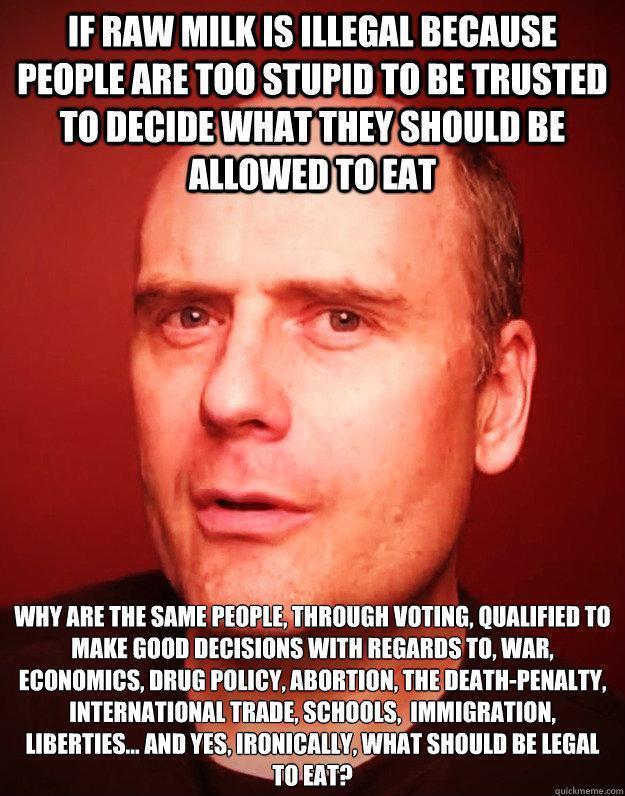CarbAppreciator
Member
(Currently administering ice for that burn)"RP's SCIENTIFIC articles are awesome, but when he starts getting all philosophical and flowery, its a big turnoff. WTF does that ^ even mean? Whether you agree with Nietzsche or not, at least nietzsche is offering something digestable".
Going by your above quote and posts in this thread I think you have comprehension issues with anything that does not suit your current paradigm,your paradigm deciding what is digestible,it's like bringing somebody who loves pufa laden fast food to a gourmet restaurant where they tend to use more saturated fat and said obese fast food lover claiming the gourmet food is not digestible therefore it's pretentious and crap and Ronald McDonald is the real culinary genius.
You may be flattered that when i see a drareg post, an image conjures in my mind of a blue skinned budha floating three feet above the ground in a lotus position typing on a keyboard and sipping fair trade coffee.
Now, if that image is accurate, then as an all knowing deity, there must be more to your argument than "drareg's philosophy is gourmet food" so for us who cannot access your ultimate truth through telepathy, please elaborate.


